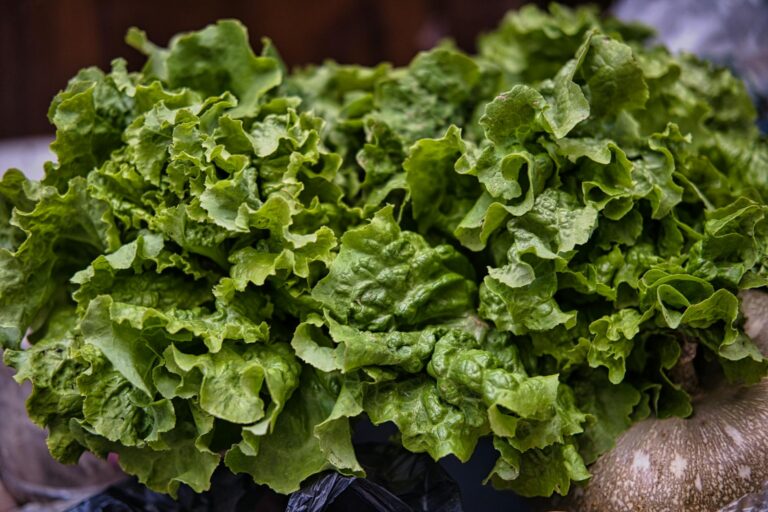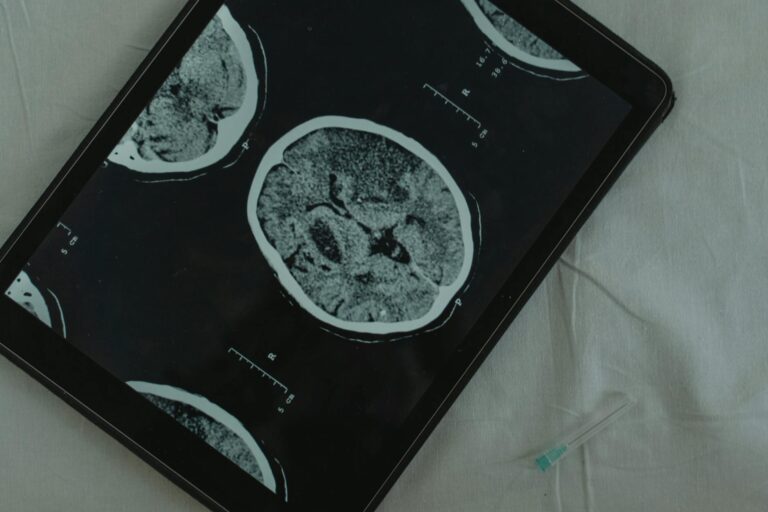### Can Resveratrol Slow Down Brain Aging?
Resveratrol, a compound found in red wine, grapes, and berries, has been gaining attention for its potential health benefits. One of the most intriguing questions is whether resveratrol can help slow down brain aging. Let’s dive into the science behind this.
#### What is Resveratrol?
Resveratrol is a natural antioxidant that helps protect cells from damage. It’s often credited with the “French Paradox,” where people in France enjoy rich foods but have lower rates of heart disease. This compound is packed with antioxidants that neutralize free radicals, which are unstable molecules that can damage cells and speed up aging[5].
#### Brain Health and Resveratrol
Research suggests that resveratrol may play a significant role in protecting brain health. Here are some key points:
– **Neuroplasticity**: Resveratrol has been shown to enhance neuroplasticity, which is the brain’s ability to adapt and change. This is crucial for learning and memory. In a study on rats with chronic unpredictable mild stress, resveratrol improved depressive-like behaviors, cognitive impairment, and social deficits. It also relieved damage to hippocampal neuroplasticity, a region important for memory and learning[1].
– **ELAVL4 and BDNF**: The study found that resveratrol’s antidepressant effects are related to neuroplasticity mediated by the ELAVL4-BDNF mRNA pathway. ELAVL4 acts as a pivotal role in the antidepressant action of resveratrol, and BDNF (Brain-Derived Neurotrophic Factor) is a potential target gene of ELAVL4. BDNF is essential for the growth and survival of neurons, suggesting that resveratrol could support brain health by enhancing BDNF levels[1].
– **Cognitive Function**: A systematic review and meta-analysis looked at the effects of natural compounds, including resveratrol, on cognitive function in individuals with mild cognitive impairment (MCI) or Alzheimer’s disease (AD). The meta-analysis found significant improvements in cognitive outcomes, such as ADAS-Cog scores, suggesting that resveratrol could have cognitive benefits[2].
#### Combining Resveratrol with Other Compounds
While resveratrol is promising on its own, combining it with other compounds might enhance its effects. For example, pairing resveratrol with NMN (Nicotinamide Mononucleotide) could amplify its benefits by supporting sirtuin activity and boosting NAD+ levels, which are crucial for cellular repair and longevity[5].
#### Practical Applications
While the scientific evidence is promising, it’s essential to note that more research is needed to fully understand how resveratrol affects brain aging. However, incorporating resveratrol into your diet through foods like red wine, grapes, and berries, or through supplements, might be a good starting point. Additionally, combining it with other natural compounds like ashwagandha, black cumin seed extract, or hops could potentially offer additional benefits for overall health and well-being.
In conclusion, resveratrol shows significant potential in supporting brain health and potentially slowing down brain aging. Its ability to enhance neuroplasticity, protect against oxidative stress, and support cognitive function makes it a compound worth considering for those looking to promote long-term brain health. However, always consult with a healthcare professional before adding any new supplements to your regimen.





